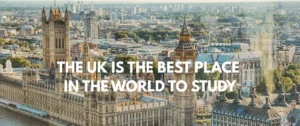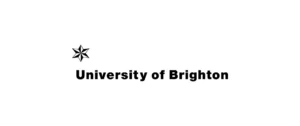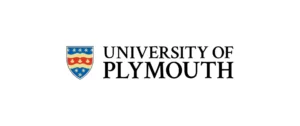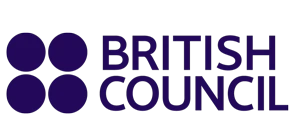The University of Manchester (UoM) is one of the UK’s most prestigious research-led institutions, ranked in the Russell Group and globally recognized for its academic excellence and innovation. Located in the vibrant metropolitan city of Manchester, it combines world-class teaching, high-impact research, and a diverse student community.
Rankings and Reputation
Manchester consistently ranks within the UK top 10 and among the global top 50 universities. It is renowned for its groundbreaking research, with 100+ Nobel laureates associated with the institution. The Research Excellence Framework rates over 80% of its research as world-leading or internationally excellent. Manchester is especially strong in Engineering, Computer Science, Social Sciences, Business, and Life Sciences.
Academic Structure and Courses
Offering over 300 undergraduate and postgraduate programmes, Manchester is organised into three faculties: the Faculty of Science and Engineering, the Faculty of Biology, Medicine and Health, and the Faculty of Humanities. Popular degrees include BSc Computer Science, MEng Mechanical Engineering, MBChB Medicine, LLB Law, BSc Economics, MSc Finance, MA International Relations, and MSc Applied Data Science. Many programmes include industrial placements, study abroad options, and independent research modules.
Research and Innovation
The University of Manchester is home to major research hubs: the Graphene Institute, Manchester Cancer Research Centre, Manchester Institute of Biotechnology, and the National Graphene Institute. Research areas span from quantum computing and AI to health innovation and urban sustainability. Students can participate in research from the undergraduate level via internships, project modules, and summer school opportunities.
Campus and Facilities
Manchester’s main campus is located a short walk from the city centre and includes modern learning facilities, libraries, laboratories, and social hubs like the Alan Gilbert Learning Commons. Additional research and health science facilities are based at Oxford Road and Withington. Student accommodation ranges from catered and self-catered halls to en-suite and studio options, most within walking distance of campus.
International Student Support
With students from over 160 countries, Manchester offers inclusive services such as pre-arrival webinars, visa guidance, language support, academic skills workshops, and international orientation events. Societies like the University of Manchester International Society and peer mentor programmes help new students integrate socially and academically.
Tuition Fees and Scholarships
UK undergraduate tuition is capped at £9,250 per year. International undergraduate fees range from £20,000 to £32,000 depending on the programme. Postgraduate taught degrees generally cost £22,000 to £35,000 per year for international students. The university offers extensive scholarships, including Global Futures, Entry Merit Awards, Dean’s International Excellence Scholarships, and faculty-specific funding. Instalment plans and early scholarship applications are encouraged.
Student Life and Societies
There are over 500 student-led societies covering culture, music, volunteering, academic, and entrepreneurial interests. The Students’ Union hosts events like the Manchester Leadership Awards, volunteering fairs, and the Varsity competition with local universities. The city itself offers a rich cultural scene—live music, festivals, art, sports, and restaurants.
Career Development and Employability
Over 95% of Manchester graduates are employed or in further study within six months. The Careers Service provides tailored coaching, CV and interview workshops, placement fairs, internships, and entrepreneurship support through the Manchester Enterprise Centre. Strong industry connections across tech, science, finance, and media industries help with graduate outcomes.
Living Costs and Accommodation
Student living costs are estimated at £10,000–12,000 per year. University halls cost between £5,500 and £9,000 annually, depending on type and location. Manchester is considered more affordable than many UK cities, with excellent public transport, student discounts, and a lively cultural and sporting environment.
How to Apply
Undergraduate applicants apply via UCAS; entry requirements typically range from ABB to A*AA depending on the programme, and IELTS 6.5 is often required. Medicine and Dentistry have earlier deadlines. Postgraduate applications are submitted through the university website; standard entry requires a 2:1 degree, academic references, a personal statement, and proof of English proficiency. Early applications are advised for competitive courses and scholarships.
Final Thoughts
The University of Manchester offers a dynamic blend of academic reputation, research excellence, city life, and global opportunity. It is ideal for ambitious students seeking career-focused education in a supportive and multicultural environment.
If you’re ready to apply to the University of Manchester and would like personalised support with your application, scholarships or visa process, click here to book a free consultation with Universitio.









